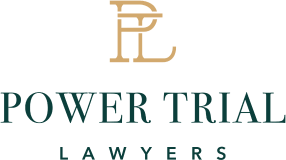Discover how California’s Racial Justice Act, expanded by SB 567, is transforming criminal case law in 2024. From sentencing reforms to addressing racial bias in jury instructions, learn how these rulings shape the fight for equity and justice in the state’s criminal justice system.
Continue reading ›the Wall, We Are Right
There With You


















